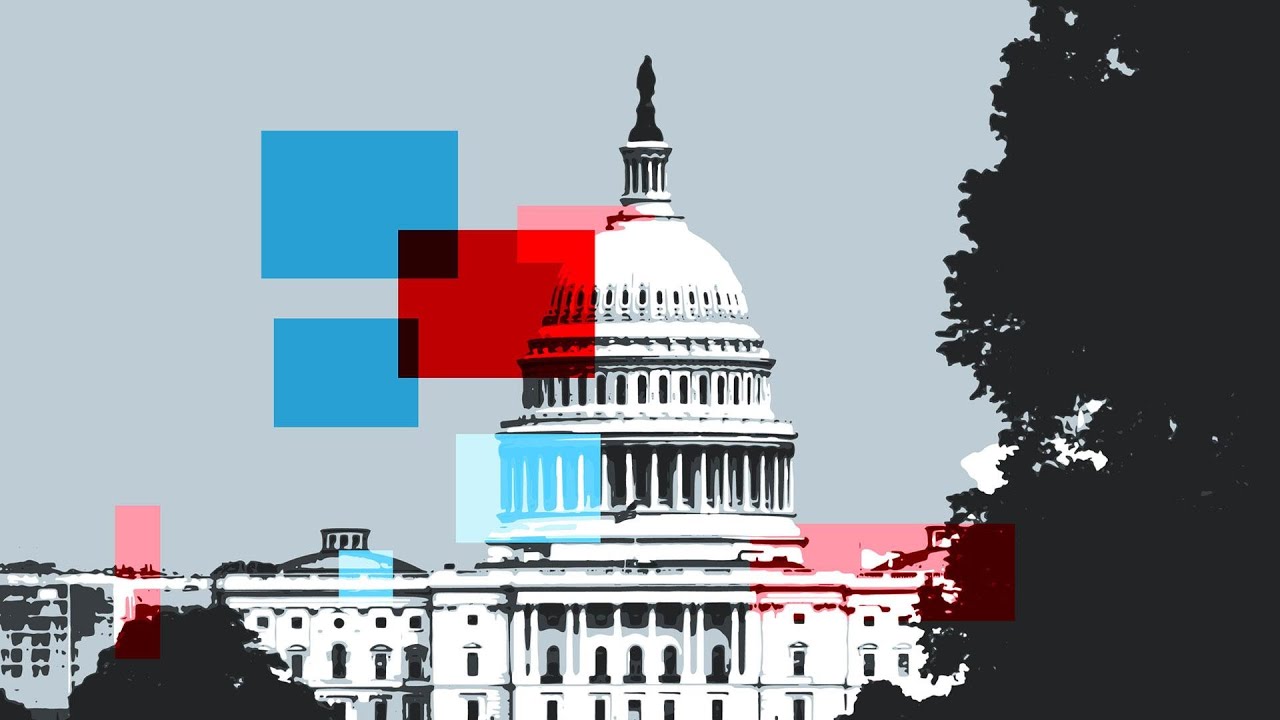In an era where artificial intelligence is reshaping industries and democratizing access to technology, it is no surprise that AI startups are turning their attention towards the Democratic and Republican landscapes in the U.S. This notable shift towards federal lobbying comes at a critical time, coinciding with an election year that poses distinct repercussions on future AI regulatory frameworks. With recent statistics revealing a striking upsurge in the number of lobbying groups focused on AIfrom 459 in 2023 to 556 within the first half of 2024it’s evident that this trend is here to stay.
The Great Lobbying Resurgence
According to data published by OpenSecrets, notable AI companies are dramatically boosting their lobbying efforts, an interesting development that invites scrutiny. OpenAI, for instance, has catapulted its lobbying budget from $260,000 throughout all of 2023 to a whopping $800,000 within just six months of 2024. This is not merely a financial enrichment play but also a strategic expansion in personnel, evolving their lobbying workforce from three to around fifteen partners within the same timeframe.
Whos Leading the Charge?
The AI lobbying race is not just a battle amongst the big players; even smaller companies are amplifying their lobbying efforts. For example, Cohere, specializing in custom AI solutions for enterprises, has upped its lobbying ante from $70,000 in 2023 to $120,000 in the first half of 2024. This trend underscores a vital industry realization: the importance of influencing regulatory environments to safeguard business interests and promote innovation.
- OpenAI: Recruited high-profile consultants like former Republican Senator Norm Coleman and ex-NSA director Paul Nakasone.
- Anthropic: Planned to spend $500,000 in lobbying, having already invested $250,000 in 2024 alone.
- Cohere: Sharply increased lobbying expenses to stay competitive.
The Political Landscape: Navigating Divergent Perspectives
As AI continues to entwine itself with our daily lives, the lobbying efforts are also a response to the starkly divergent perspectives on regulation from key political figures. Democratic nominee Vice President Kamala Harris is leaning toward a framework of federal oversight, aligning with President Bidens stance. In stark contrast, former President Donald Trump has advocated for dismantling existing policies and promoting deregulation. This inconsistent political terrain heightens the stakes for lobbyists representing AI interests.
As the Commerce Department recently highlighted, the conversation around AI regulation includes proposals for a federal body to oversee AI developments. What remains troubling, however, is the absence of comprehensive federal legislation similar to the EUs AI Act, leaving gaps that states are rushing to fillnearly 400 AI-related regulations have been proposed at the state level this year alone, as noted by TechNet.
The Tension of Antitrust Regulations
Grappling with the ramifications of a prolonged regulatory void, major players like OpenAI find themselves in the crosshairs of potential antitrust probes from U.S. regulators. As the election nears, reported investigations into corporations like Microsoft further underscore this cautious environment. Microsofts recent decision to relinquish an observer seat on OpenAI’s board may be a strategic move to placate regulatory concerns, demonstrating the fine line that executives must walk between innovation and compliance.
Conclusion: The Future of AI in a Shifting Political Landscape
As AI startups ramp up their lobbying efforts, they are not just reacting to immediate political pressures; they are actively shaping the framework within which they operate. These collective efforts speak volumes about the importance of being engaged in the dialogue around AI regulation. As elections loom and the legislative landscape continues to evolvemarked by state-level initiativesAI companies must stay agile, adapting their strategies to safeguard their interests while contributing to a balanced regulatory framework.
At fxis.ai, we believe that such advancements are crucial for the future of AI, as they enable more comprehensive and effective solutions. Our team is continually exploring new methodologies to push the envelope in artificial intelligence, ensuring that our clients benefit from the latest technological innovations. For more insights, updates, or to collaborate on AI development projects, stay connected with fxis.ai.

